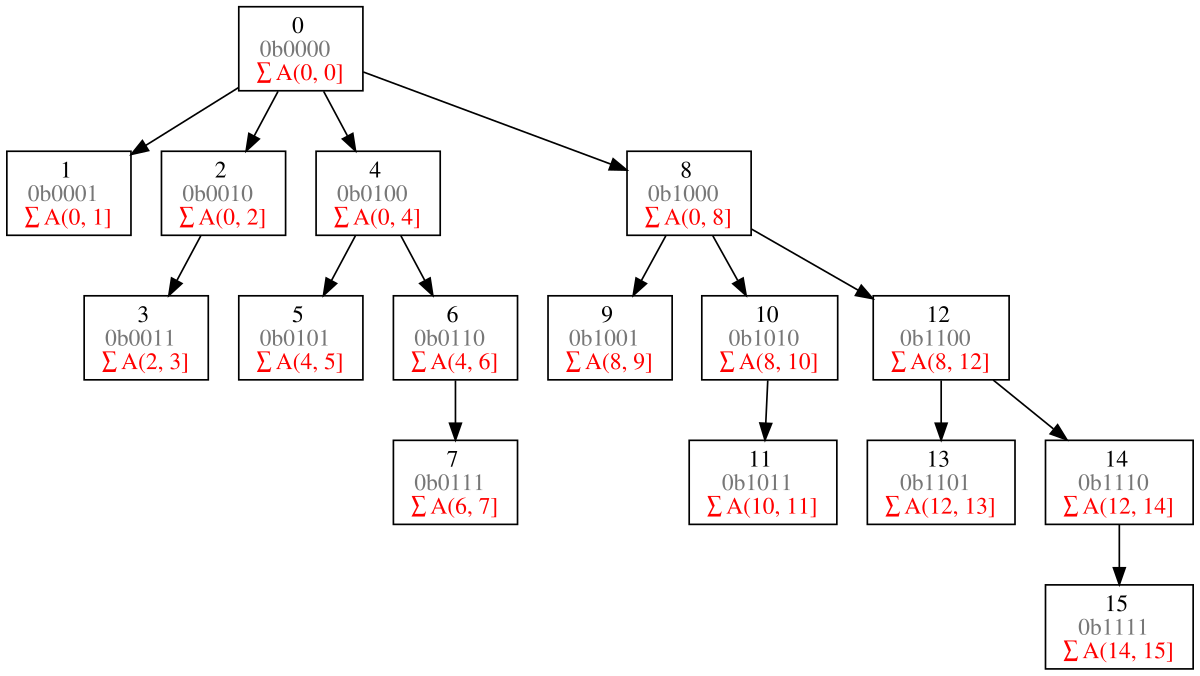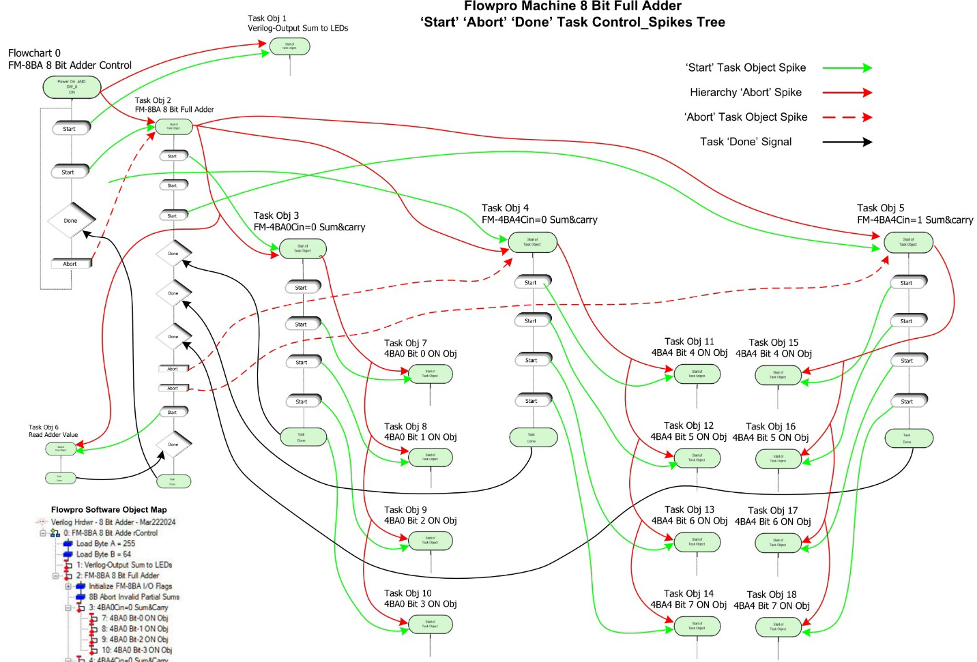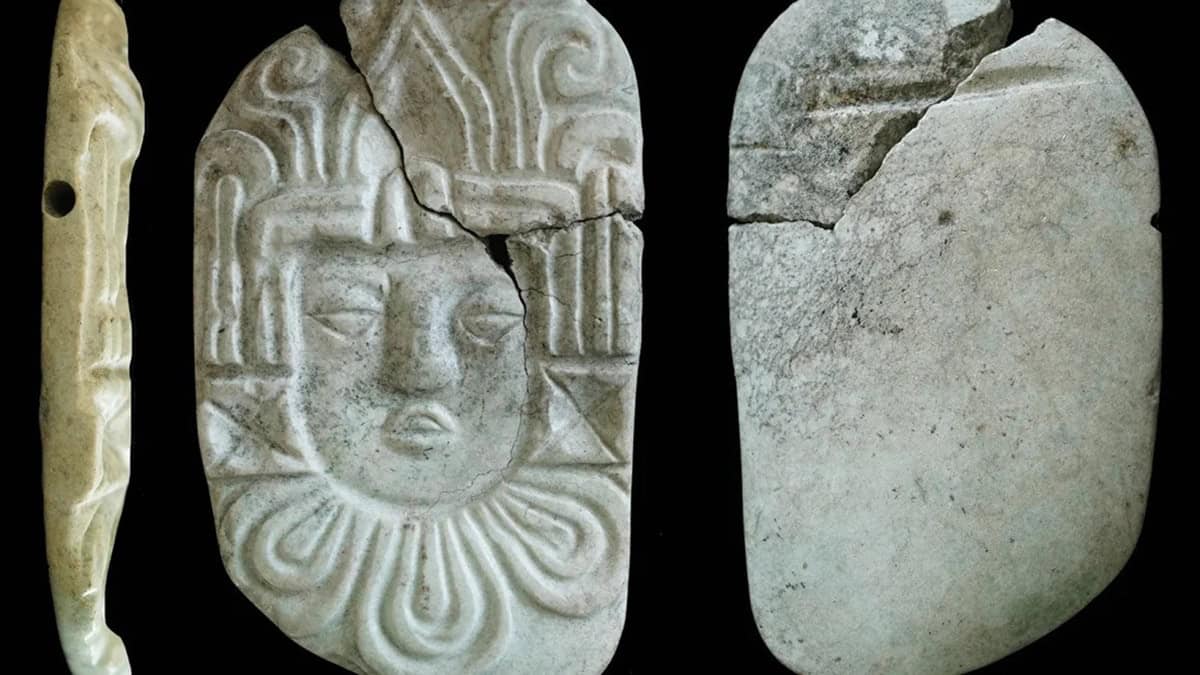
Understanding Bitcoin’s energy use
Why does Bitcoin consume electricity? Does energy usage increase with the number of transactions? Can we compare Bitcoin’s energy usage to traditional payments technologies like credit cards? Are Bitcoin miners polluters? Will Bitcoin miners pollute more or less in the future? Will cryptocurrencies become more efficient over time?
Bitcoin consumes a sizable amount of electricity. As of June 2021, estimates suggest something around 110 terawatt hours (TWh) per year, which, for scale, is close to the electricity consumption of the Netherlands (111 TWh) but a bit less than the global ‘phantom’ electricity consumption from electronics that are left plugged in while in standby mode (124 TWh). The mere fact that Bitcoin uses this much electricity is not itself a problem, however. From a policy perspective we should be more interested in whether Bitcoin’s electricity usage is derived from dirty and finite or clean and renewable energy sources, and whether that energy usage is justified by the capabilities and potential of the technology to improve the world. This backgrounder will investigate those and other fundamental questions and direct readers to the most up-to-date research.
People who don’t understand the core computer science breakthrough inherent in Bitcoin naturally assume that Bitcoin miners only do one thing: burn electricity to enrich themselves with new bitcoins. These critics are mistaken, but it’s a reasonable mistake to make because “mining,” the term itself, is a bit misleading.








/cdn.vox-cdn.com/uploads/chorus_asset/file/25415669/1238020424.jpg)












